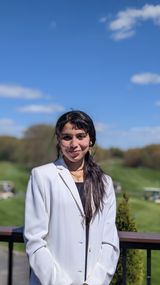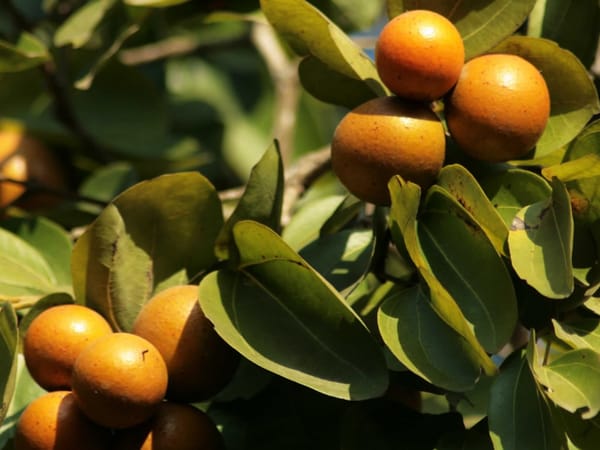Asthma

Many thanks are given to Hakim G. M. Chishti, ND.
What this article will cover:
- Asthma Explained by Western Medicine
- Asthma explained with Unani Tibb
- Treatments and Solutions
Asthma Explained by Western Medicine
Asthma is a medical condition primarily characterized by respiratory difficulties. This arises due to the narrowing of airways, impeding the smooth flow of air within the lungs. Depending on its severity, asthma can impact essential aspects such as sleep quality, physical mobility, and overall vitality.
Asthma can either have a genetic predisposition or develop over time. Various environmental factors can also contribute to the onset of asthma, such as sleeping in moldy environments, prolonged exposure to cold winds, allergies, and, in certain cases, intense physical exertion that puts additional demands on the body.
Asthma, under the Light of Unani Tibb
In Unani Tibb, the temperament of the lungs is crucial, particularly when considering conditions like asthma. The lungs' temperament aligns with the sanguine qualities of warmth and moisture, mirroring their role in the respiratory process. Just as the lungs exchange gases, this temperament maintains equilibrium. Imbalances in this temperament can trigger or worsen asthma symptoms. Therefore, harmonizing the lungs' temperament through Unani principles becomes essential for managing and alleviating asthma, emphasizing the holistic approach this tradition advocates.
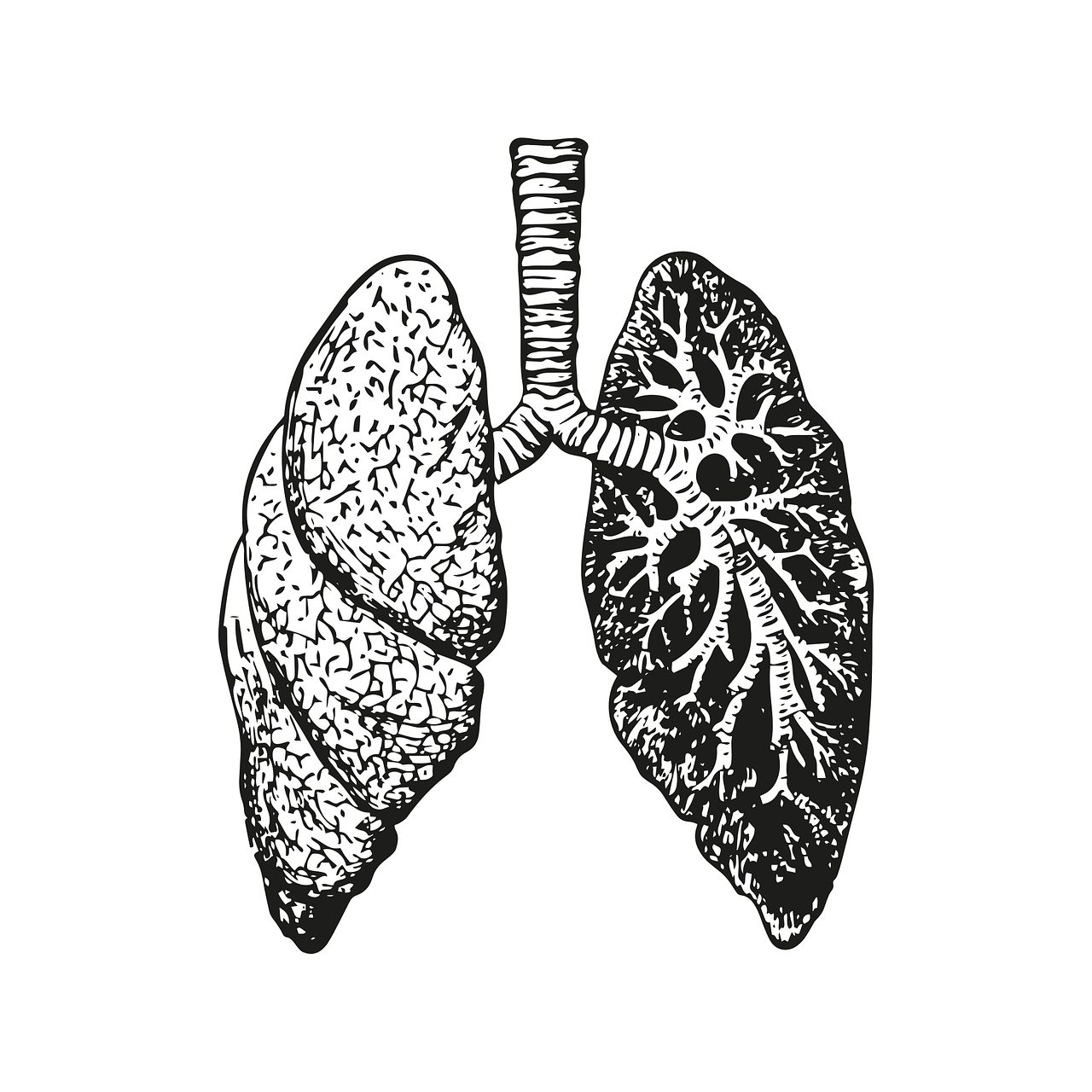
The different causes according to Unani Tibb
Heart Gas:
Symptoms - thirst, the hard beating of the pulse, labored breathing, coming in a hard gasp
Treatment - cupping on the cephalic vein, laxatives in beverages, rubbing the sides.
Internal heat affecting the lungs
Symptoms - a hard beating of the pulse & thirst, however, the breathing is not labored
Treatment - cold drinks and cucumber pomade on the chest
Slackness of chest muscles
Symptoms - the soft beating of the pulse and soft breathing
Treatment - strengthen the lungs. use oil of narcissus on the chest and balance the humors (as you would for paralysis).
Excess dryness in the tissues
Symptoms - voice becomes higher pitched, thirst, a tendency to desire liquor.
Treatments - fruit juices, plenty of fresh milk, sit in a bath with violets, cucumber, chamomile, and marshmallow.
Coldness in the lungs
Symptoms - lack of thirst & soft pulse
Treatments - hot-natured foods
Other causes
- Inflammation of the Lungs
- The fullness of the stomach
- swelling of the lungs, diaphragm, or liver
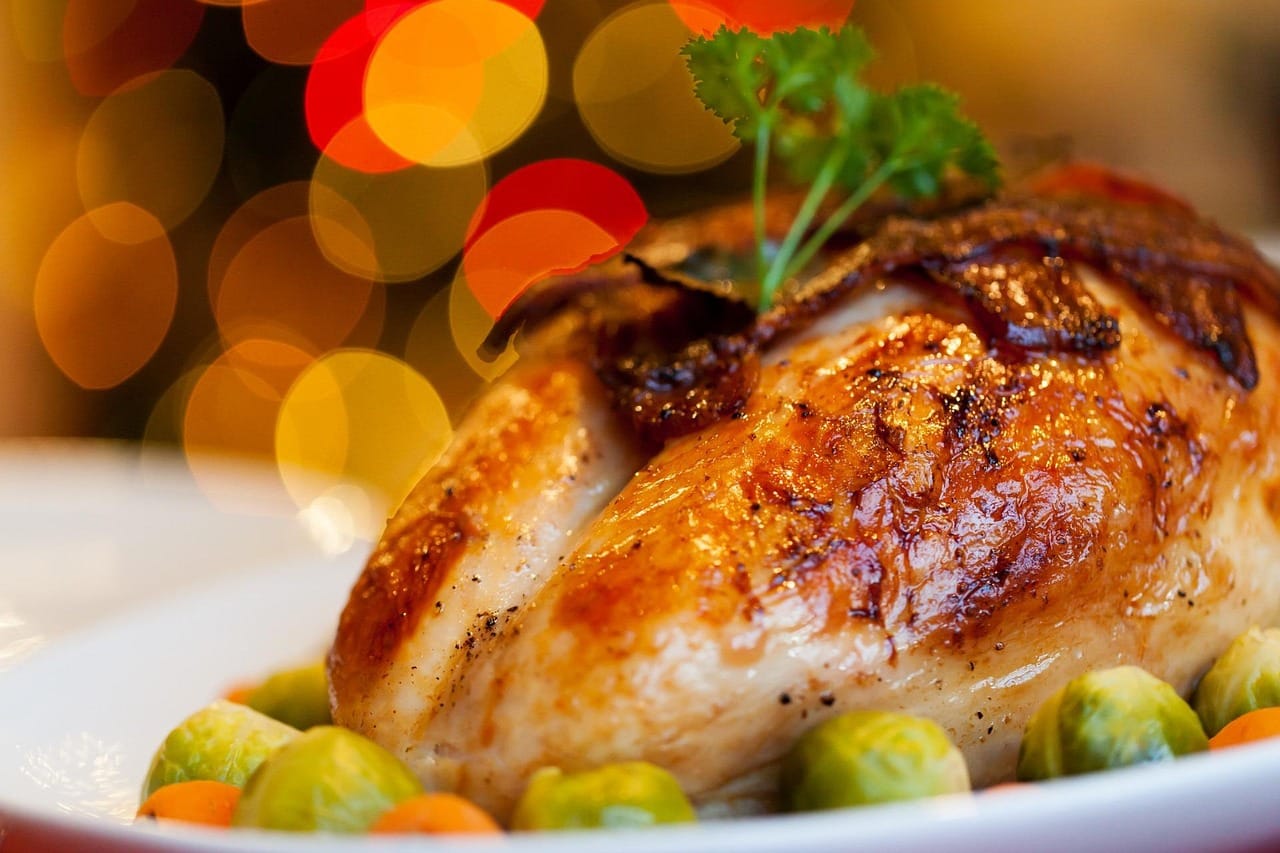
Dietary Solutions - Healing with Food & Drink
Food & Drink
- Eliminate all mucus-producing foods, milk, eggs, cheese, fruits, and all sugars of any kind
- Eat garlic
- Take the herb, hyssop
- Eat white turkey meat with lots of spices
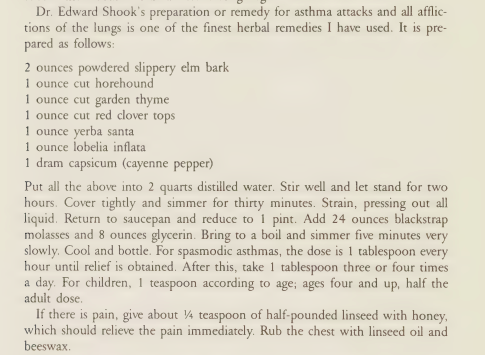
Other formulations (from "Hamdard pharmacopoeia of Eastern medicine"):
- Bakhor dama (p.g. 74)
- Hab shafa pg. 106
- Sufuf dama (p.g. 156)
- Sharbat sadar (p.g. 180)
- Kushta para (pg. 224)
- Laooq hab-ul-sanobar (pg. 247)
- Laqooq zeequn nafs (pg. 248)

Emotions
Emotions wield significant influence in the management and healing of asthma, exerting a considerable impact on its onset and severity. Emotional distress has the potential to trigger asthma attacks and exacerbate the overall condition. This connection is intertwined with the intricate passage of air through the lung's airways. Diverse emotions elicit distinct demands on this airflow. Heightened emotional turmoil places stress on the airways, resulting in increased inflammation, thus aggravating the situation.
The takeaway, learn to manage your stress levels. Learn to self-regulate. It is of vital importance to your health and well-being.
References:
- Chishti, Ghulam Moinuddin. The Traditional Healer's Handbook: A Classic Guide to the Medicine of Avicenna. Inner Traditions/Bear, 1991.
- Edited by Hakim Mohammed Said. (1970). Hamdard pharmacopoeia of Eastern medicine. [Karachi],[publisher not identified.
DISCLAIMER: Shifaa Khan's content is for general informational purposes only. It should not be used to self-diagnose and it is not a substitute for a medical exam, cure, treatment, diagnosis, and prescription or recommendation. It does not create a doctor-patient relationship, nor a consultant-client relationship, nor a practitioner-client/patient relationship between Shifaa Khan and you. You should not make any change in your health regimen or diet before first consulting a physician and obtaining a medical exam, diagnosis, and recommendation. Always seek the advice of a physician or other qualified health providers with any questions you may have regarding a medical condition. No presentation or communication shall expressly or implicitly bind any person or entity to any contract, agreement or course of conduct, or waive any part of this disclaimer and no one should rely on unverified claims that Shifaa Khan is part of any endeavor and all such reliance is expressly disclaimed.
